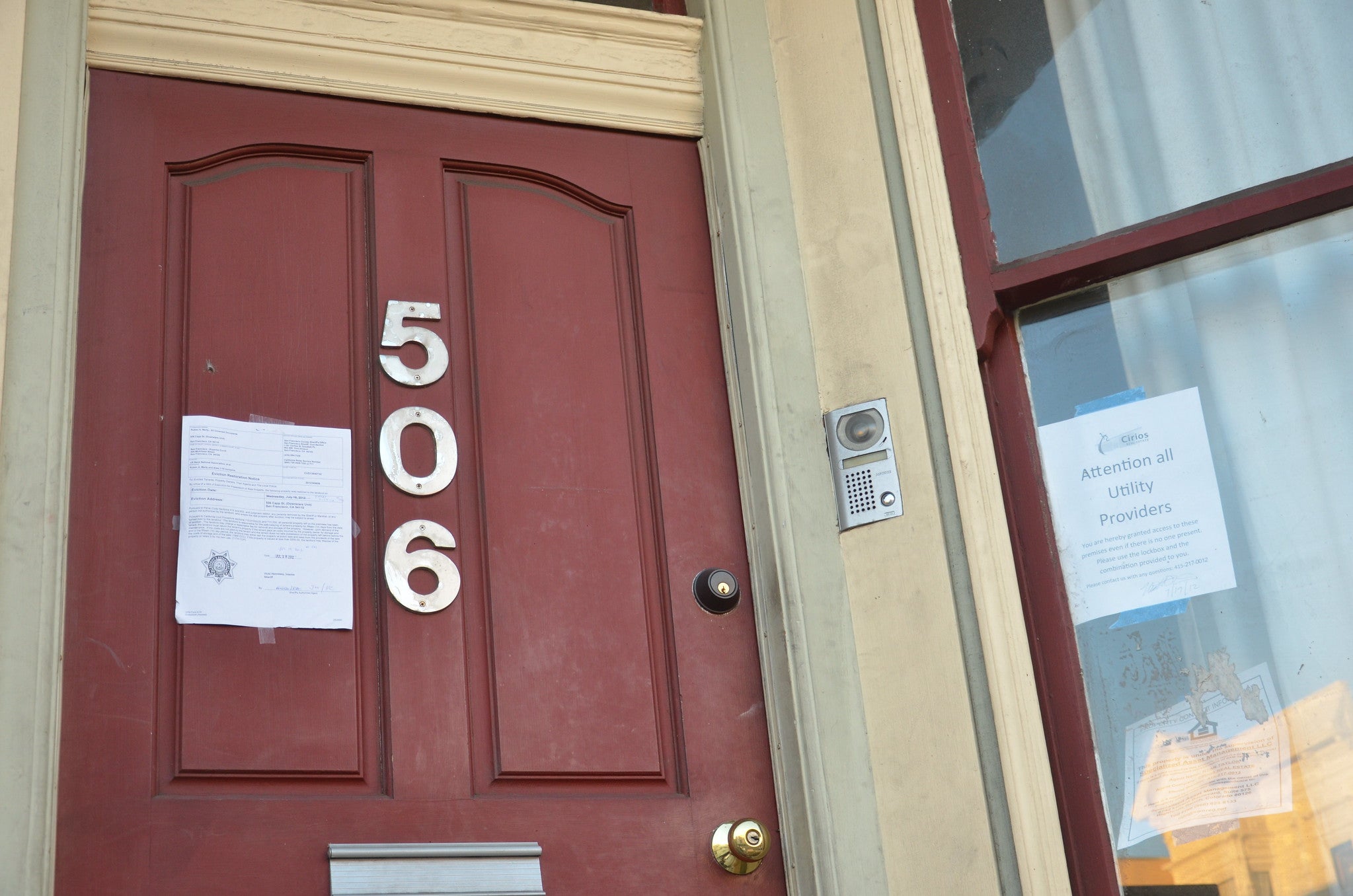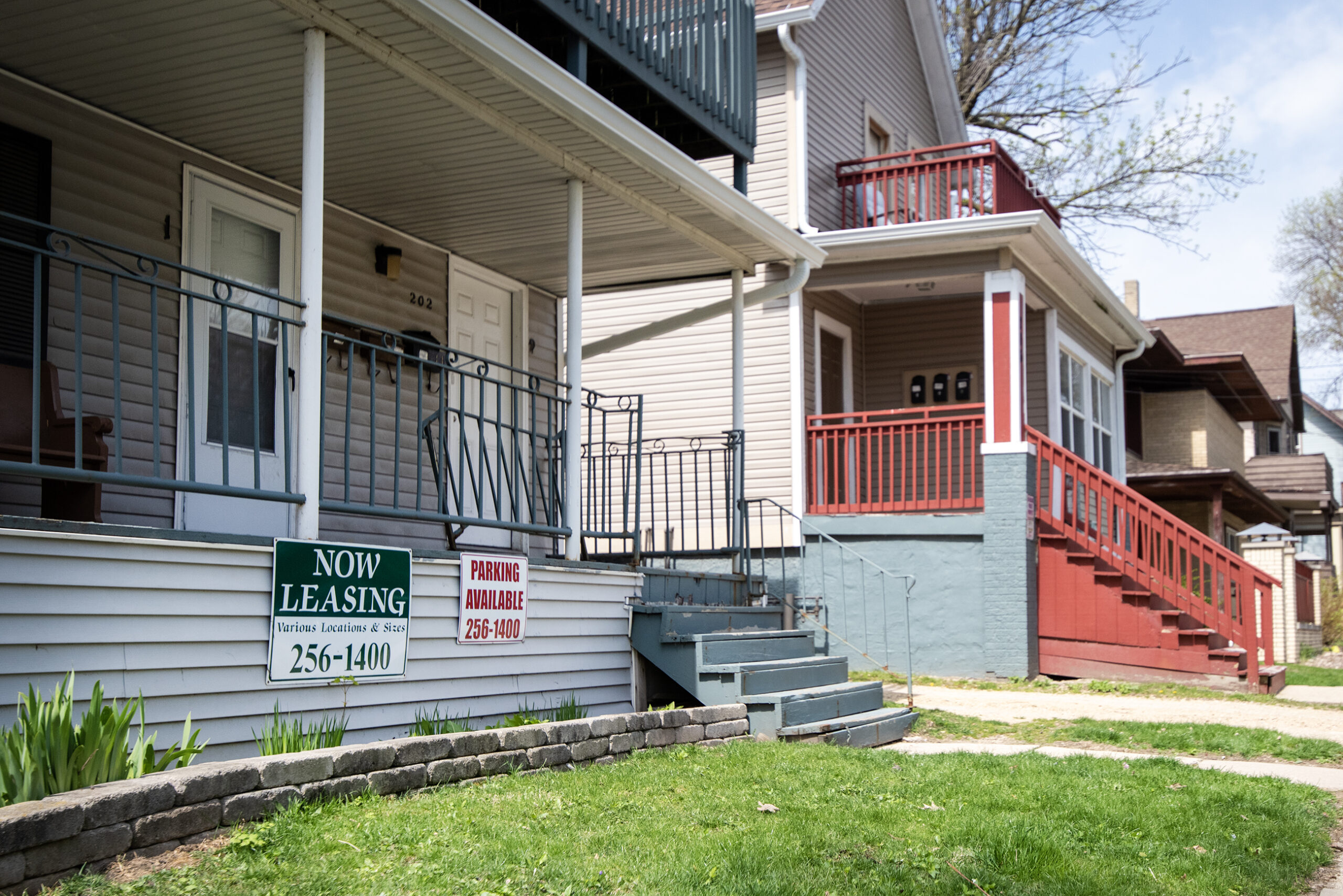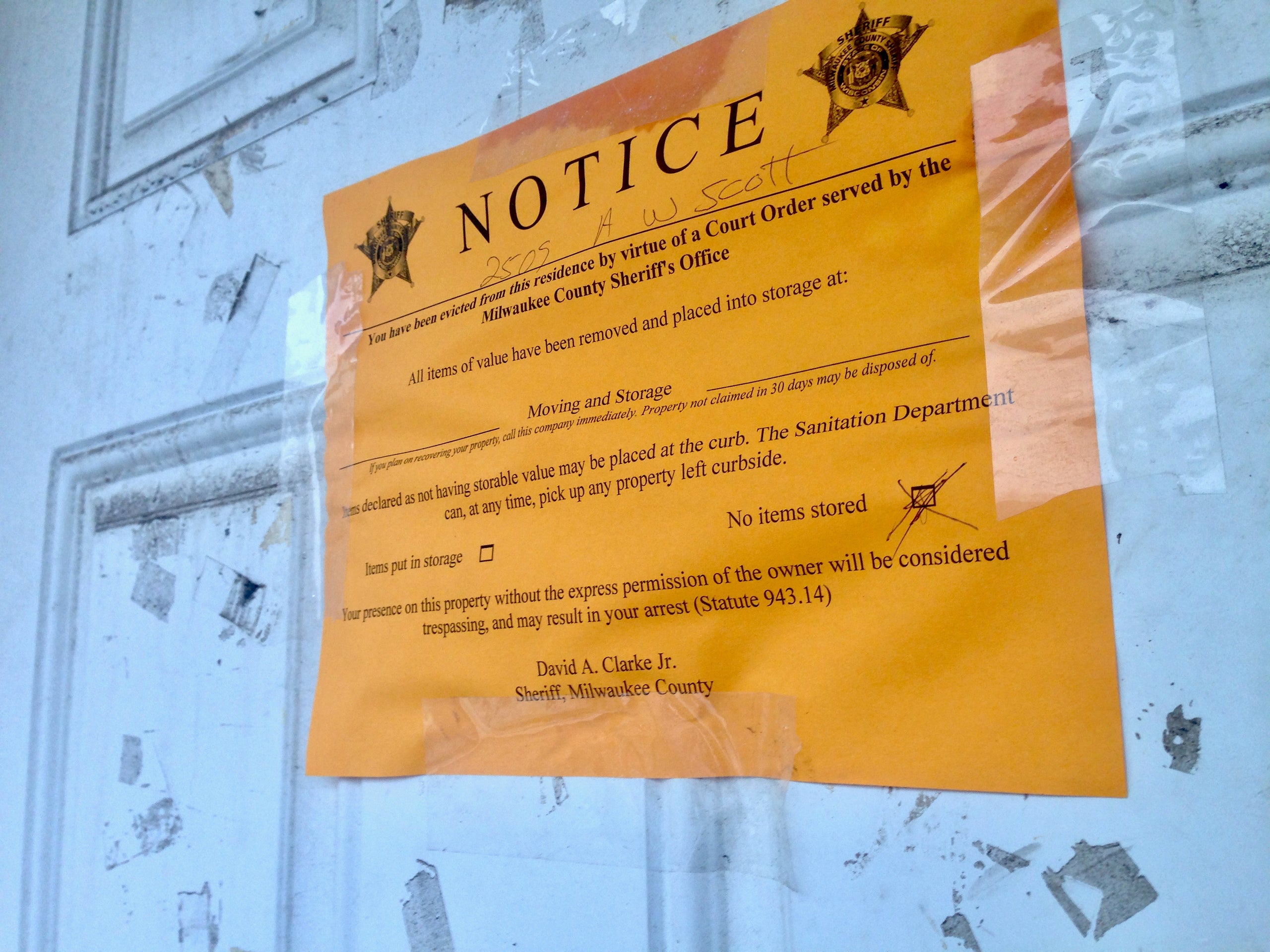With as many as 60,000 Milwaukee County residents at risk of eviction due to the coronavirus pandemic, the county is planning to spend $10 million to keep people in their homes.
The county is allocating the $10 million, which comes from funding received from the federal COVID-19 relief bill signed into law in March, to the county’s housing division.
The majority of the funds, about $7 million, will be put toward eviction prevention. The remainder of the money will be used for mortgage assistance and housing acquisition.
Stay informed on the latest news
Sign up for WPR’s email newsletter.
Eligible residents can get up to $3,000 in housing assistance. Milwaukee County Executive David Crowley within the first week — which began on June 11 — 900 applications were submitted.
“We definitely know that this is only scratching the surface,” Crowley said. “Many people who need these funds won’t be able to access these funds because it is definitely not enough.”
Since May, evictions in Milwaukee County are up 44 percent, Crowley said.
“Addressing housing instability is critical in advancing health and racial equity for Milwaukee County residents,” Crowley said in a statement. “African American families represent 80 percent of enrollments in our Eviction Prevention Program. Housing is a key social determinant of health. If individuals are evicted, especially as we continue to fight the COVID-19 pandemic, our Black communities will be impacted the most.”
The county estimates the eviction prevention funding could support about 2,000 households. The specific funding allocation per individual will be evaluated on a case-by-case basis.
The Milwaukee County Housing Division has also begun to work with Milwaukee County Courts to offer assistance to tenants and landlords during Zoom eviction hearings.
Milwaukee County is working with Community Advocates, Legal Aid Society of Milwaukee, and Legal Action of Wisconsin to provide the rental assistance.
During a typical year in Milwaukee County, there are about 14,000 evictions filed, according to Raphael Ramos, an attorney with Legal Action Wisconsin who directs the group’s Eviction Defense Project.
Milwaukee County Chief Judge Mary Triggiano said the funding benefits not only families facing housing instability but also landlords who face financial challenges as well.
“The financial strains of COVID-19 have led to significantly higher evictions claims this year, especially among our most disenfranchised communities,” Triggiano said.
Milwaukee County will use $2 million of the federal relief bill funding for temporary property acquisitions and rehabilitation to offer additional housing alternatives to individuals whose options are limited because of COVID-19. These options are essential, since shelters are limited because of the new coronavirus pandemic.
Dane County is also using $10 million in federal COVID-19 relief funding to prevent evictions. The county is partnering with Madison’s Tenant Resource Center to stabilize housing for approximately 9,000 people at risk of eviction.
“We need landlords to continue to work with their tenants and partner with us to prevent evictions. Funds are available that can support payment of back rent,” Dane County Executive Joe Parisi said in a statement. “As further evidence that COVID-19 is disproportionately impacting communities of color from both a health perspective as well as economically, 78 percent of the applications already in are from families of color.”
On March 27, Gov. Tony Evers and state Department of Health Services Secretary Andrea Palm issued an emergency order barring landlords from serving eviction notices for renters unable to pay for 60 days. The order also blocked banks and mortgage companies from filing foreclosure actions.
That order expired May 26. Evers can’t extend or reissue the eviction and foreclosure moratorium order since it requires a public health emergency declaration.
On May 20, Evers announced a $25 million rental assistance program. Eligible residents who have lost income as a result of the COVID-19 pandemic can receive up to $3,000 for owed rent, security deposits and wrap-around services.
Wisconsin Public Radio, © Copyright 2024, Board of Regents of the University of Wisconsin System and Wisconsin Educational Communications Board.





